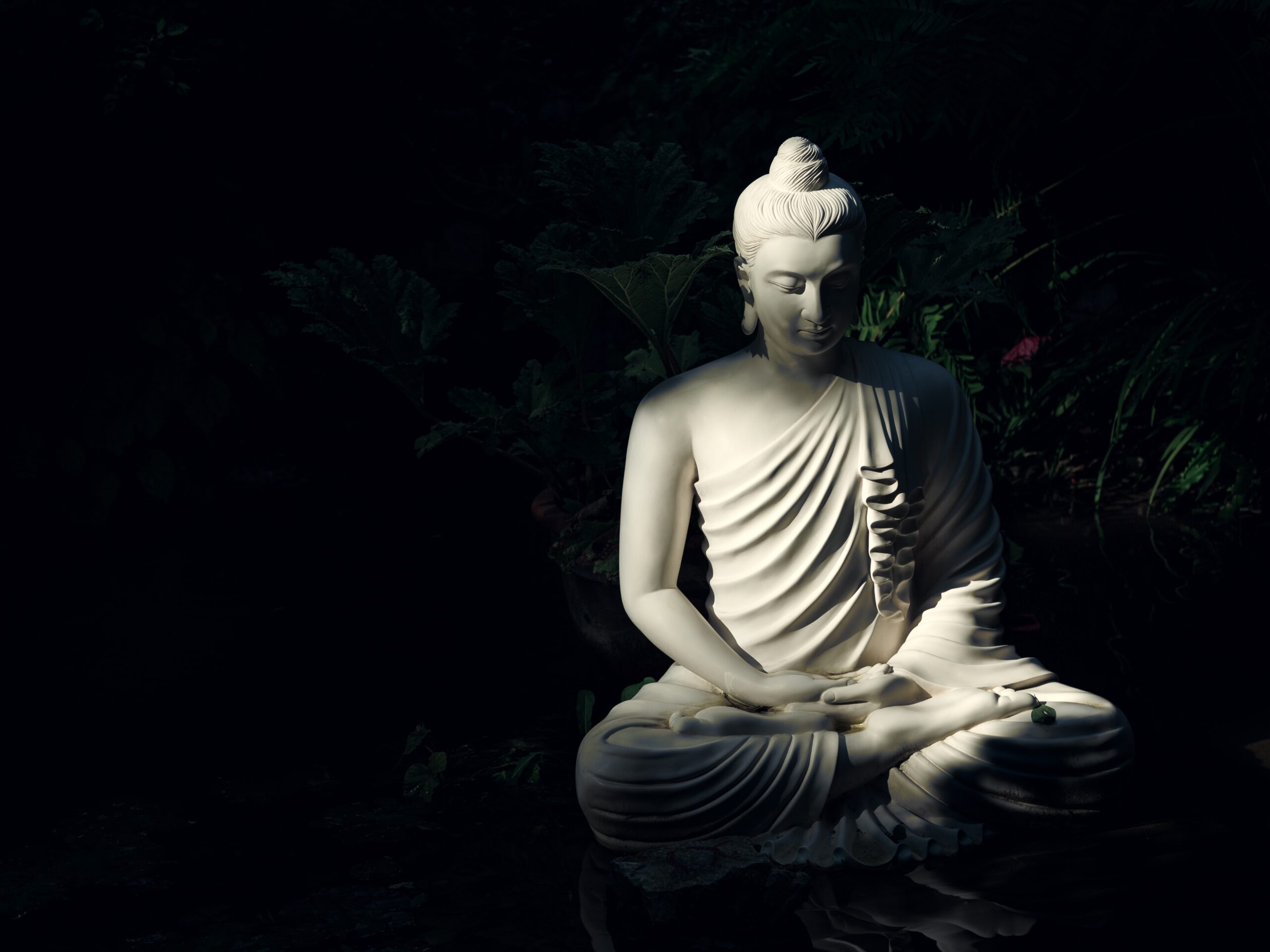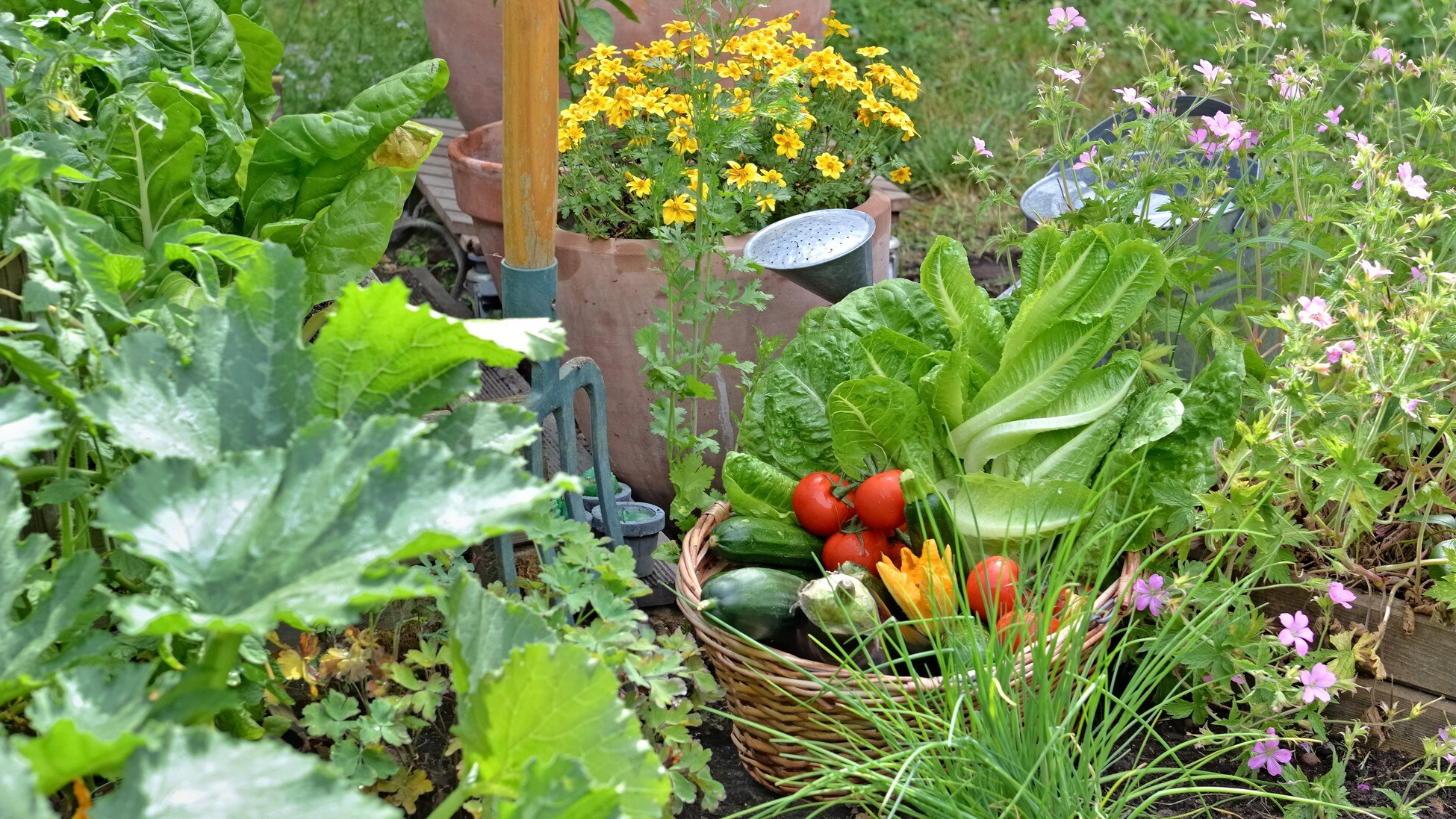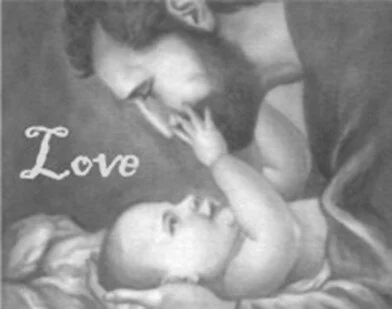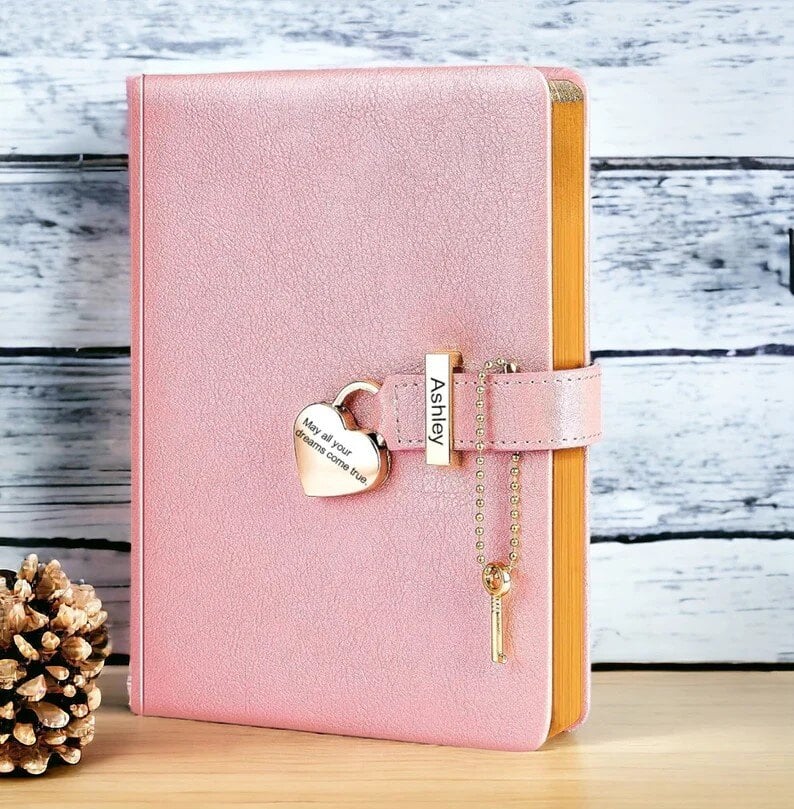Reprinted with permission from Ira Byock, MD, chief medical officer of the Institute for Human Caring of Providence health system. His books include Dying Well, The Four Things That Matter Most and The Best Care Possible. This article was originally printed on March 19, 2020, on thriveglobal.com.
Early each morning I join a call with leaders across our multi-state health system who comprise a virtual emergency operations council set up to respond to COVID-19. Based in Seattle, Providence has been at the epicenter of the epidemic in the United States. Each day we swiftly run through the latest numbers of patients in our seven-state system who are persons under investigation for the infection, been tested, confirmed positive, hospitalized and died. The trends show a doubling every three days of cases of patients under investigation, positive, and hospitalized with the infection. This is not a drill.
Public health measures will hopefully help flatten the curve, but we know that the epidemic is going to get much worse and we are all racing to prepare.
As a physician executive with a background in both emergency medicine and palliative care, the current public health crisis is deadly serious, consuming and, admittedly, inspiring. Yet this epidemic is undeniably different than past epidemics, such as AIDS, H1N1, SARS, that I’ve lived and worked through. This time, it is undeniably personal.
I could certainly be one of the many tens of thousands of Americans who will die in the next few months. That’s partly because of the nature of COVID-19 with many asymptomatic people spreading the highly infectious germ, but it’s mainly because I’ve graduated into a high-risk group.
While all adults are at some risk, COVID-19 is far more lethal to elderly people. I’m 69 and my wife is 73. At our ages, upwards of one in five people who become infected do not survive. We consider ourselves in excellent health, but, radical honesty here, we each have a few chronic ailments. Mine are well-controlled hypertension, chronic sinusitis, and mild adult-onset asthma. I don’t love my odds of surviving an infection. Given the anticipated shortage of mechanical ventilators — we’ll need between three to 10 times the number available — and the fact that older patients who require mechanical ventilation usually go on to die, triage guidelines will likely not offer advanced life support to people my age.
We are still living through the calm before the storm. Like a tsunami that is far from shore, the forces of nature are silently rushing toward us. Listening closely, I can hear the faint alarm ringing from the future, like the sound of the Zen bowl that begins my morning meditations. It’s grounding to realize that this bell tolls for me.
This heightened awareness of the real potential of my death feels new. For a couple of days, I’ve wondered if I was being a bit histrionic. Any doubts were swept away when my daughters, now in their late 30s, called to interrogate me: “Dad, where are you planning to go today and tomorrow? Is all that really necessary? Can’t you work from home? It’s important for you to stay put at home and stay safe.”
The timbre of their voices was worried and stern, positively parental. There it was: early role reversal. I recognized that tone from conversations I’d had when they were teenagers; the tactic of posing questions, while imposing firm limits. Unlike those conversations, I agreed without arguing. This is real.
Contemplating one’s death may be the most profound form of meditation. Death is the backdrop of life, and at times like this it comes to the fore.
To sit in the presence of one’s non-existence is to experience the present as real. Life is a precious gift, but a fleeting one. We live each moment, but just a heartbeat away from eternity. Everything else is thought or feeling, distinction, opinion, preference, style, choice. The perspective is stark and makes clear what matters.
I go about my days, filled with meetings — now all by video conference — calmly aware that this could be the last month of my life.
A few weeks before the epidemic began, I awoke from a dream in which I stood before a blank headstone. I was aware it was my own and wondered what my epitaph might be. As soon as I had the thought, it came to me: “So much love!”
My path forward is clear. In the days ahead, I’ll express my love in preparations. As a doctor, I know well what those will entail. I teach this stuff frequently.
After a talk on end-of-life issues that I gave at a public forum last year, a gentleman rose saying that he had two questions, “What happens after you die? And can we affect what happens after we die?”
I said, “If your first question is metaphysical, my answer is, How the hell would I know? I don’t know a thing about death, and never met anyone who convinced me that they did. But I can tell you a lot about what happens in real life after we die, and how we can affect what happens.”
I explained that since we’re inextricably connected to others, playwright Robert Anderson’s observation applies, “Death ends a life, but it does not end a relationship.” After you die, the people who love you will grieve. They will miss you and go through a range of emotions when they think of you; which they will do often. They may have regrets or satisfactions or both. Thought of in this light, yes, there’s a lot we can do to affect how people live in the wake of our deaths and how we remain in their lives.
It’s now time to take those lessons seriously. My wife and I will finally complete our “in case of death” file box. We model ours on the one that my mother left for my sister and me. The day after she died suddenly, we found it sitting next to the telephone in the kitchen of her retirement condo. Ours will include our will, the title for our cars, the deed for our house (not copies, the actual documents), our bank account numbers, passwords for financial and social media accounts, along with instructions about what to do with our bodies and how to access the money we’ve set aside to do so.
Our family has started having Byock Family Visit Zoom calls so that we can visit and grow together through this period of social isolation.
I’m also using my confinement to reach out to people I care about but haven’t had a conversation with in years. Mostly it’s to let them know I value our relationship and to reminisce, but also to leave nothing important unsaid. Since no relationship is perfect, it’s a chance for me ask for forgiveness for past mistakes and transgressions. It’s an opportunity to let others know that I forgive them — any misdeeds and hurt feelings are water under the bridge — and to say thank you and I love you.
Buddhist meditation teachers and seriously ill patients have both taught me that in facing death, we can begin to live fully. I’m going to do everything I can to stay safe and survive this pandemic. If I die, I want the people who matter most to me to know how I really feel. To every extent possible, I intend to joyfully celebrate life and the people I love in the very face of death.
View all articles by:






















